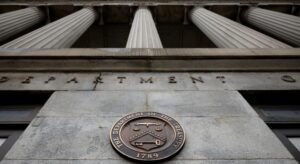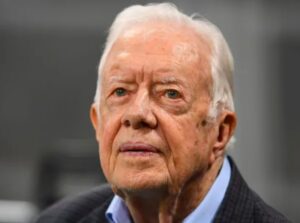
The idea of South Korea acquiring a nuclear bomb, once a fringe concept, has gained significant traction in recent years due to North Korea’s expanding nuclear arsenal and shifting global dynamics. Public support in South Korea for developing nuclear weapons is strong, with polls indicating that about 70% of South Koreans are in favor of the move. This shift in sentiment is driven by concerns over North Korea’s growing threat and doubts about the reliability of the U.S. security umbrella, especially if leadership changes in the United States.
Under President Yoon Suk Yeol, the South Korean government has explored the possibility of nuclear armament, although official policy remains aligned with relying on U.S. “extended deterrence.” However, the potential re-election of Donald Trump, who has previously questioned America’s defense commitments, could lead South Korea to reconsider its non-nuclear stance. Many South Koreans fear that under an “America First” administration, the U.S. might not fully commit to defending South Korea if it means risking American cities.
South Korea faces significant challenges and risks if it decides to go nuclear. Potential consequences include severe economic sanctions, diplomatic isolation, and heightened tensions with neighboring countries like China, Russia, and North Korea. Exiting the Nuclear Non-Proliferation Treaty (NPT) would also damage South Korea’s international standing. Despite these risks, the technical and engineering capabilities to develop nuclear weapons are within South Korea’s reach, thanks to its advanced civil-nuclear industry.
The decision to go nuclear would likely be public and highly controversial, given South Korea’s vibrant democracy. The process could be rapid, with some experts suggesting that South Korea could develop its first nuclear weapon within a year if it chose to do so. However, the implications for regional and global security would be profound, potentially triggering a nuclear arms race in East Asia and altering the balance of power in the region.
Ultimately, whether South Korea pursues nuclear weapons will depend on the broader geopolitical context, particularly the state of its alliance with the United States and the actions of North Korea. The debate over nuclear armament in South Korea is a reflection of the broader uncertainties and strategic dilemmas facing U.S. allies in an increasingly multipolar world.






